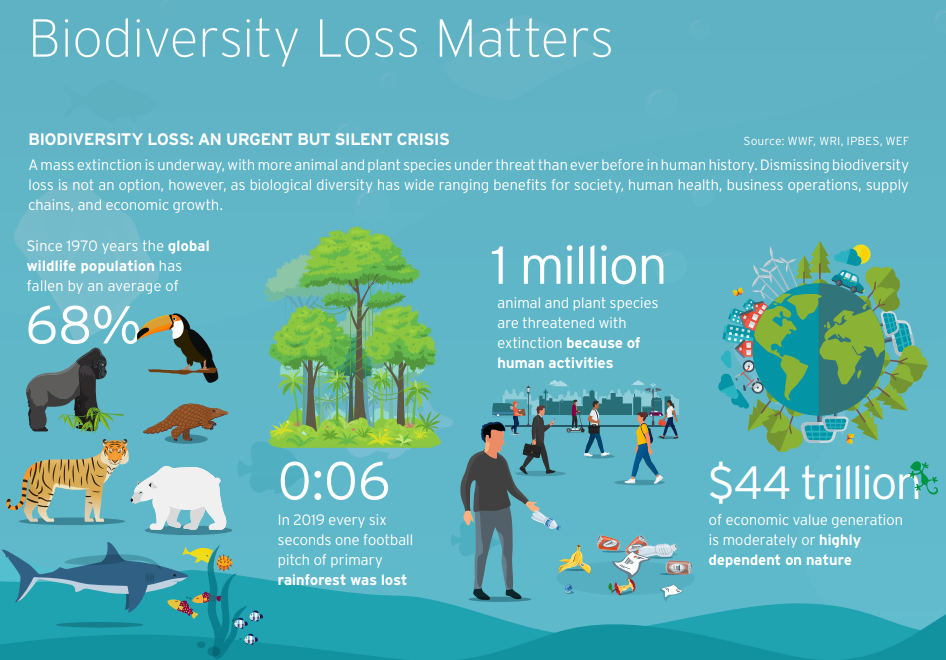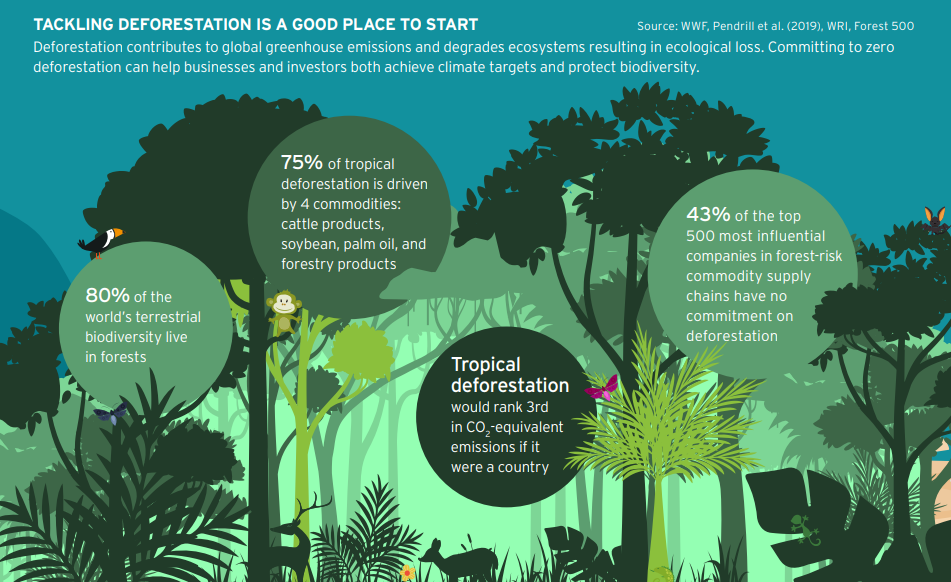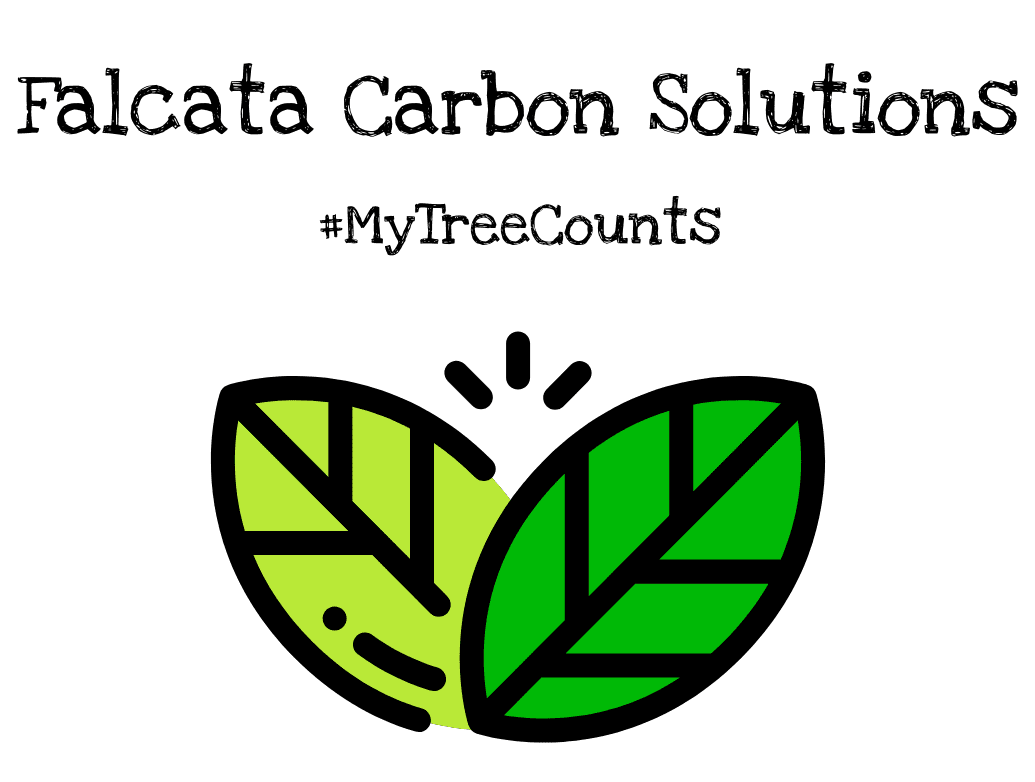The planet’s biodiversity is under siege, and at the forefront of this crisis is climate change. Biodiversity, the rich variety of species and ecosystems that sustain life, is not just a scientific term—it’s the foundation of life on Earth. Forests, which host more than 80% of the world’s species, are especially vulnerable to the rapid changes in climate. Rising temperatures, extended droughts, and unpredictable weather patterns are accelerating the degradation of these precious ecosystems. And it’s not just trees at risk—when forests suffer, the entire web of life unravels.
Climate change is a global issue, but the effects are felt locally. Take Candoni, a municipality in the Philippines, where the once-thriving forests are now facing unprecedented threats. Forest fires, fueled by rising temperatures and dry conditions, are wiping out biodiversity at alarming rates. However, hope is not lost. Initiatives like PROJECT ELIYAH – Carbon Solutions for a Climate-Smart Future, spearheaded by EliYAH Farms, in partnership with CENRO and the DAFFAI People’s Organization, are working to restore biodiversity, tackle climate change, and empower local communities.

How Climate Change is Accelerating Forest Degradation
Climate change is not just about warmer temperatures—it’s a cascade of events that are reshaping the Earth’s ecosystems. Forests, which depend on stable weather patterns, are particularly vulnerable. Rising global temperatures are causing longer droughts and more intense rainfall, disrupting the delicate balance that forests rely on to thrive. In Candoni and many other parts of the world, these changing conditions are pushing forests to their breaking point.
Trees that once flourished under predictable conditions are now struggling to survive. When trees die, the ecosystem begins to collapse. Wildlife that depends on these trees for food and shelter is forced to move or, worse, faces extinction. As climate change worsens, forest biodiversity—the variety of plant and animal species that make forests resilient—diminishes, leaving the ecosystem more vulnerable to further damage.
Forest Fires: The Silent Killer of Biodiversity

One of the most destructive consequences of climate change is the rise in forest fires. Forest fires have become more frequent and more intense as temperatures rise and droughts last longer.
The impact of forest fires on biodiversity is catastrophic. When a forest burns, it’s not just the trees that are lost. Entire ecosystems, including insects, birds, mammals, and plants, are wiped out. The delicate balance of life that once thrived in these areas is destroyed, and it can take decades—or even centuries—for the forest to recover. In some cases, the damage is irreversible. Forest fires also release massive amounts of carbon dioxide into the atmosphere, which exacerbates climate change and leads to even more fires. It’s a vicious cycle that is driving forest ecosystems toward collapse.
PROJECT ELIYAH: A Local Solution with Global Impact
In the face of these growing threats, PROJECT ELIYAH – Carbon Solutions for a Climate-Smart Future offers a solution that addresses both climate change and biodiversity loss. The project, a partnership between EliYAH Farms, Community Environment and Natural Resources (CENRO), and DAFFAI People’s Organization, is a 10-year reforestation initiative that aims to plant 11,110 Falcata seedlings and 22,220 coffee tree shrubs per 10 hectares annually. The project’s dual goals are simple but powerful: reduce carbon emissions through Falcata reforestation and provide sustainable livelihoods through coffee intercropping.
By the year 2035, PROJECT ELIYAH will have planted a total of 333,000 trees, restoring significant biodiversity to Candoni’s forests. The Falcata trees, known for their rapid growth and carbon-absorbing abilities, are an ideal species for carbon sequestration—removing carbon dioxide from the atmosphere and storing it in their trunks and roots. At the same time, the coffee shrubs provide local farmers with an income-generating crop that can be harvested sustainably without damaging the forest.
This combination of reforestation and sustainable agriculture not only helps restore the environment but also empowers the local community. PROJECT ELIYAH is an example of how we can address climate change while also providing economic opportunities to those most affected by its impacts.
Carbon Emission Reduction: A Key to Restoring Biodiversity
Reducing carbon emissions is critical to preserving biodiversity, especially in forests. Trees play a vital role in absorbing carbon dioxide, one of the main greenhouse gases responsible for global warming. When forests are healthy and diverse, they can absorb more carbon, helping to mitigate the effects of climate change. However, when forests are degraded or destroyed, they release the carbon stored in their trees back into the atmosphere, further contributing to climate change.
PROJECT ELIYAH directly tackles this issue by focusing on carbon sequestration through large-scale reforestation. The Falcata trees planted as part of the project act as carbon sinks, absorbing and storing carbon dioxide over their lifetimes. By planting 333,000 trees over the next decade, PROJECT ELIYAH will significantly reduce the amount of carbon dioxide in the atmosphere, helping to slow the pace of climate change and, in turn, protect forest biodiversity.
The benefits go beyond the environmental impact. Reducing carbon emissions through reforestation also has economic benefits, as it creates new opportunities for sustainable livelihood (coffee production intercropped with Falcata trees), carbon trading and eco-tourism. By supporting initiatives like PROJECT ELIYAH, you are not only helping to restore biodiversity but also promoting sustainable economic development.
The Importance of Human Action in Protecting Biodiversity
While climate change is a global issue, its solutions often start with local action. Humans have played a significant role in driving climate change, but we also have the power to reverse its effects. PROJECT ELIYAH is a perfect example of how communities, governments, and organizations can come together to create solutions that benefit both people and the planet.
You, too, can play a role in protecting biodiversity. Supporting reforestation projects like PROJECT ELIYAH is a tangible way to make a difference. Whether you contribute by donating to reforestation efforts, spreading awareness, or even reducing your own carbon footprint, your actions can help restore ecosystems and protect biodiversity for future generations.
The Future of Our Forests Depends on You
The threat to our forests is real, but it’s not too late to make a difference. Biodiversity is the foundation of life on Earth, and forests are at the heart of this web of life. Without them, ecosystems collapse, and species disappear. The time for action is now.
Initiatives like PROJECT ELIYAH – Carbon Solutions for a Climate-Smart Future are lighting the way toward a more sustainable future. By restoring forests, reducing carbon emissions, and creating sustainable livelihoods, PROJECT ELIYAH is proving that we can fight climate change and protect biodiversity at the same time. But we can’t do it alone.
You have the power to make a difference. Whether it’s through supporting reforestation efforts, reducing your carbon footprint, or simply raising awareness, your actions matter. The future of our forests—and the biodiversity they support—depends on all of us.
Will you answer the call? Time is running out, and the planet needs you. By acting now, you can help ensure that forests continue to thrive, that biodiversity is restored, and that the balance of life on Earth is preserved for generations to come.
